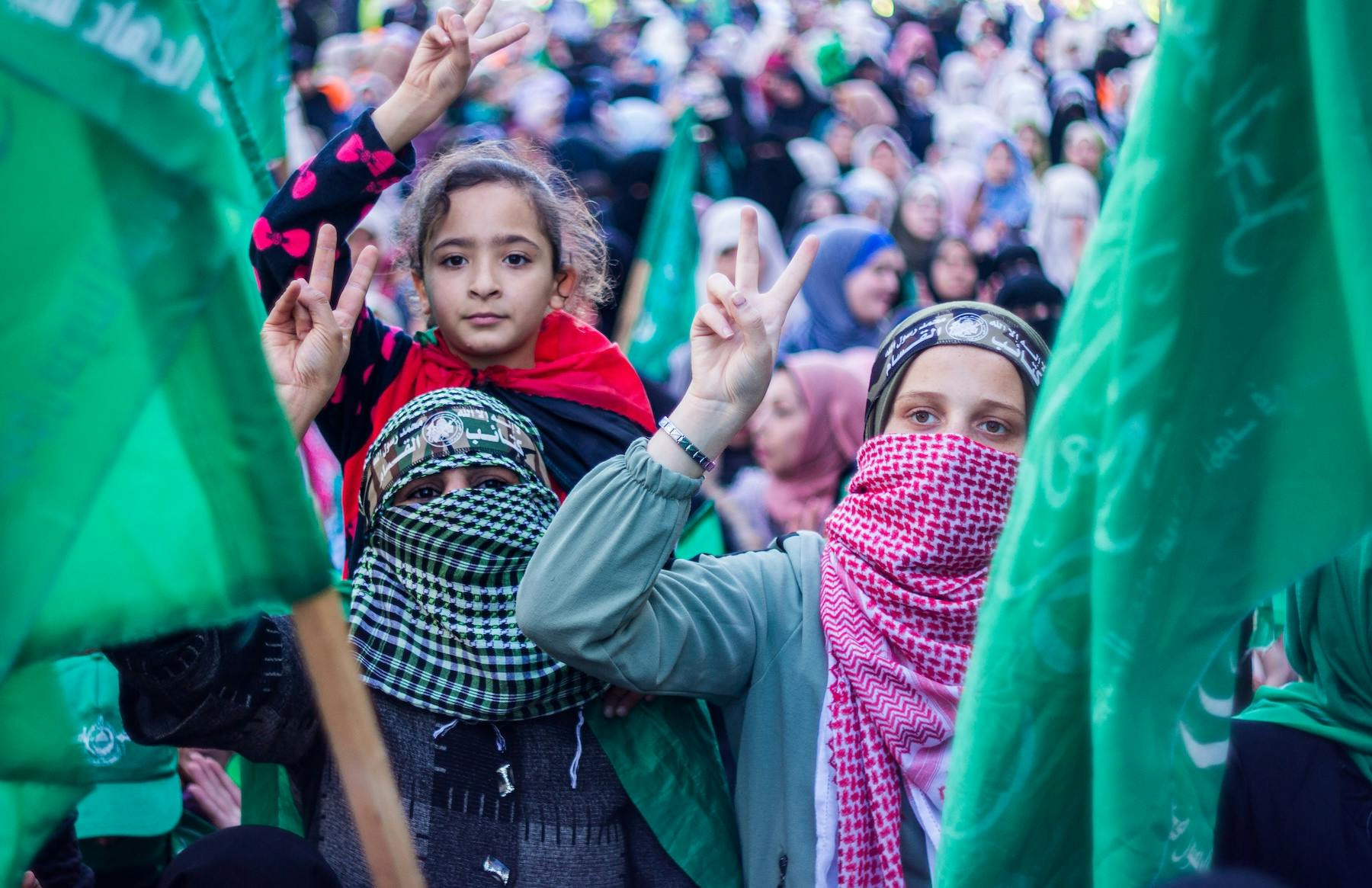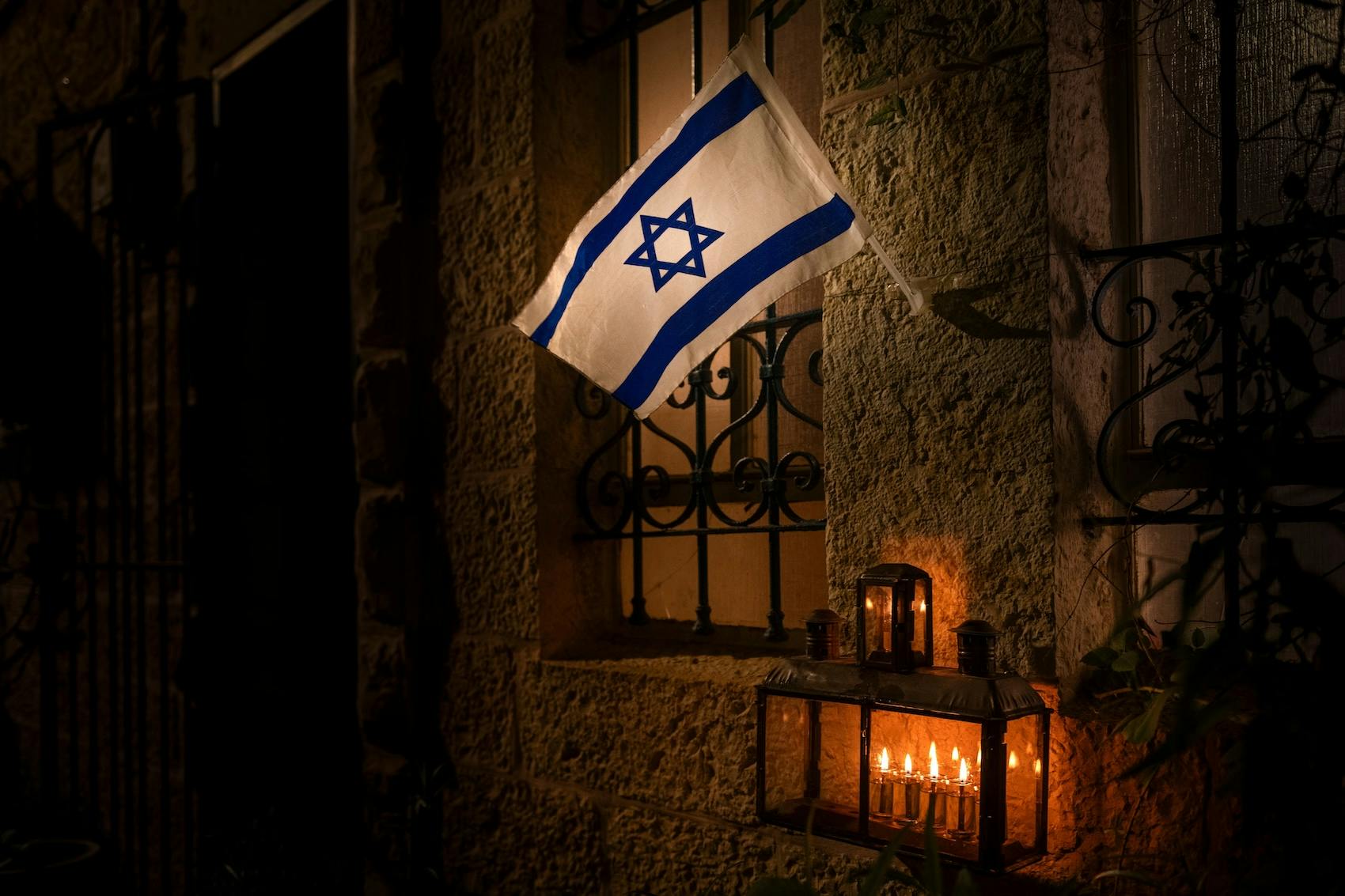The Sabbath (in Hebrew, Shabbat, pronounced shah-BAHT) may be the Jewish people’s most distinctive and characteristic practice, as well as one of its most prevalent and long-lasting gifts to Western civilization.
Shabbat begins at sunset on Friday evening and ends at nightfall on Saturday when 3 stars are visible in the sky. Shabbat is more than just a day off from labour. It is also a day of physical and spiritual delights that is meant to illuminate certain key concepts in the traditional Jewish perception of the world.
Shabbat is considered to be the most important of Jewish holidays. It's to be marked by three qualities: rest, holiness, and joy.
History and Development
Like many important facets of Judaism, Shabbat has its origins in the Torah, where it is most notable as a day of complete cessation of labour. On Shabbat, we remember that God created the world in 6 days, and on the seventh day He rested from his labour (Gen. 2:2).
The prophetic tradition portrays it as a day of pleasures as well. The Rabbis spelled out their understanding of forbidden “labour” in a complex series of restrictions on productive activities of many sorts. They also prescribed festive meals and ceremonies for every part of the day. The varieties of Shabbat observances and customs over the ages and around the world illustrate the adaptation of Jews in many societies to new realities and modern ideas.
Themes and Theology
Shabbat is portrayed in the Bible as the pinnacle of the creation of the universe, and its observance can be seen as a reminder of the purposefulness of the world and the role of human beings in it. Shabbat also serves as a memorial to God‘s act of rescuing the Israelites from slavery in Egypt by setting aside a day for personal autonomy and freedom from the harsh demands of labour.
The traditional Shabbat is portrayed in Jewish liturgy, song, and story as a day of joy, a sanctuary from travails, and even a foretaste of the perfected world that will someday be attained.
Celebrating Shabbat at Home
Shabbat is a time to spend with family and friends, to pray, read the Bible, and rejuvenate. One constant theme in Shabbat's observance across time and territory is the centrality of home life with family members and guests. Preparation for Shabbat begins as early as mid-week in some households, and its arrival is marked by the spiritual illumination of a candle-lighting ceremony.
Rabbinic tradition mandates three Shabbat meals, two beginning with a special kiddush (“sanctification”) recited over wine. Family meals are occasions for singing, studying, and celebrating together, and consuming distinctive Shabbat foods such as challah.
The lighting of the candles on Friday evening symbolises driving away darkness and welcoming the light of Yeshua the Messiah into our hearts. There are 3 main rituals regarding the Shabbat observance:
- Lighting the Sabbath candles
- Saying Kiddush over wine
- Reciting the HaMotzi blessing over the challah
The Shabbat meal is spent with family and friends sharing highlights from the past week, discussing the Torah, and singing special Shabbat songs (Zemirot). The Scriptures instruct us to both remember and guard the sabbath day, to consecrate it as a day devoted to the things that matter most in our lives before the Lord.
Enter into a state of peace and rest with the Lord. DAY 7 is an invitation for you to enjoy the Shabbat, featuring beautiful, traditional melodies and joyful original songs that will help you leave behind the cares of this world, and enter into the seventh day—the day of rest. On sale now through July 31 for only £7.
Shabbat at Synagogue
Shabbat observance in the public sphere is focused on the synagogue, from the lively welcoming service, Kabbalat Shabbat, to the pensive farewell ceremony, Havdalah. The daily round of prayer services is augmented and endowed with a unique atmosphere. Special melodies and liturgy are used, and the familiar prayers are supplemented with passages in prose and poetry extolling God for the divine gift of Shabbat and its delights.
At the major worship service on Saturday morning, a portion of the Torah (Parasha) is read aloud as part of a year-long cycle, supplemented by a passage from one of the prophetic books (called a haftarah).





